- Hindus express hope for educational reform under AA administration
- Arakanese zat pwe performers struggle to survive as conflict halts traditional shows
- India-Arakan trade routes fully reopen after two-month closure
- When Prisoners Are Bombed, the War Has No Rules Left
- Two civilians killed, two injured in junta airstrike on Ramree village
Winter crop farmers in Arakan face myriad challenges
Farmers are also facing business challenges due to rising prices for fertilisers, and labour shortages, both of which are necessary for winter cropping to operate efficiently.
20 Oct 2024
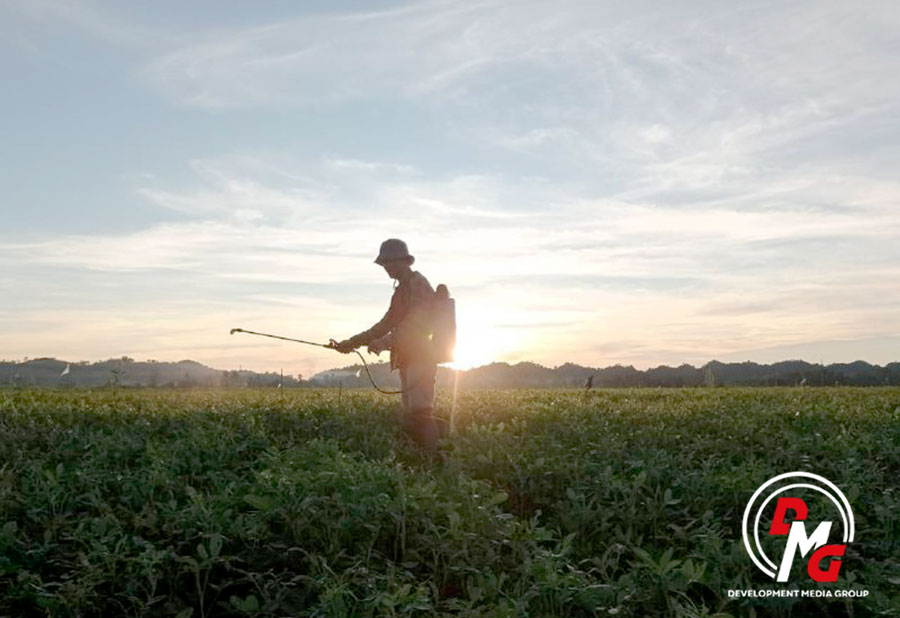
DMG Newsroom
20 October 2024, Sittwe
There are many challenges facing winter crop farmers in Arakan State due to market factors and regional instability including the ongoing conflict between Myanmar's military regime and the Arakkha Army (AA), according to those farmers.
In Arakan State, the planting of winter crops such as groundnuts, corn, eggplants, peppers, and cucumbers usually starts in October, but farmers say there is high demand for tractors and other problems plaguing the normal course of things.
"There is only one tractor for planting groundnuts in the Laymyochaung area [of Mrauk-U Township]. Farmers are experiencing delays in planting peanuts due to frequent machine failures. Livelihood is important for us," said Daw Khin Nu, a local farmer in the Laymyochaung area.
There were 11,377 acres of winter crops planted in Kyauktaw and Mrauk-U townships last year, according to figures compiled by the township Department of Agriculture. Currently, farmers face shortages of money, labour and cattle, and rely on tractors.
Residents said that due to junta blockades, there is a shortage of tractors and spare parts, and they are unable to find the necessary equipment.
"This year, farmers mainly rely on tractors for winter crop cultivation, so we benefit from it," said tractor owner Ko La Min. "The tractor had a lot of malfunctions, so without spare parts, we had to repair it as best we could. Therefore, there is a delay in planting winter crops compared with previous years."
Farmers are also facing business challenges due to rising prices for fertilisers, and labour shortages, both of which are necessary for winter cropping to operate efficiently.
Last year, a worker was paid about K12,000 as a daily wage, but this year they are paid up to K18,000 due to the labour shortage.
"For the farmers, finding labour has again become a difficult task. There was a delay in the cultivation of crops because those who could work went abroad and were not in the village," said U Myo Lin, a local farmer from Wapyan Village in Kyauktaw Township.
Due to the challenges of winter cultivation, businessmen expect that crop yields will decrease this year and affect the food security of the region.
The people of Arakan State have been relying on vegetables such as peppers, onions, cabbages, and radishes, as well as other foodstuffs, from mainland Myanmar.
"If a variety of winter crops can be grown in Arakan State, food security will be guaranteed. Most of the farmers are struggling quite a lot right now. If the United League of Arakan (ULA) helps the farmers, winter crop cultivation will be convenient," said U Soe Naing, a farmers' advocate.
Locals in Arakan State are mainly engaged in agriculture, but like farmers in other states and regions, they only grow monsoon paddy and winter crops, without the use of irrigation.
There are more than 1.2 million acres of arable farmland in Arakan State, of which more than 542,000 acres are used for winter crops, with the area under winter crop cultivation decreasing by 60 percent, according to the Arakan Farmers Union.




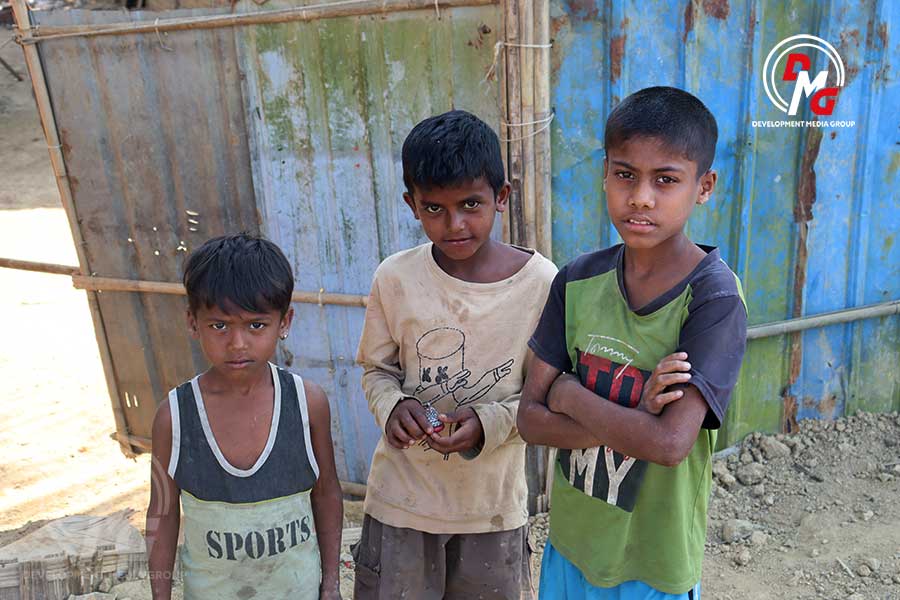
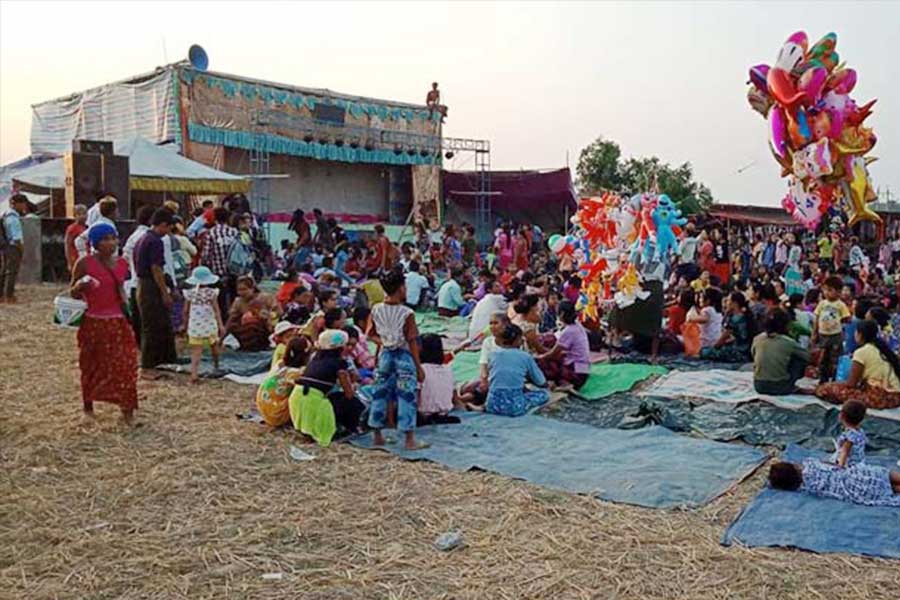
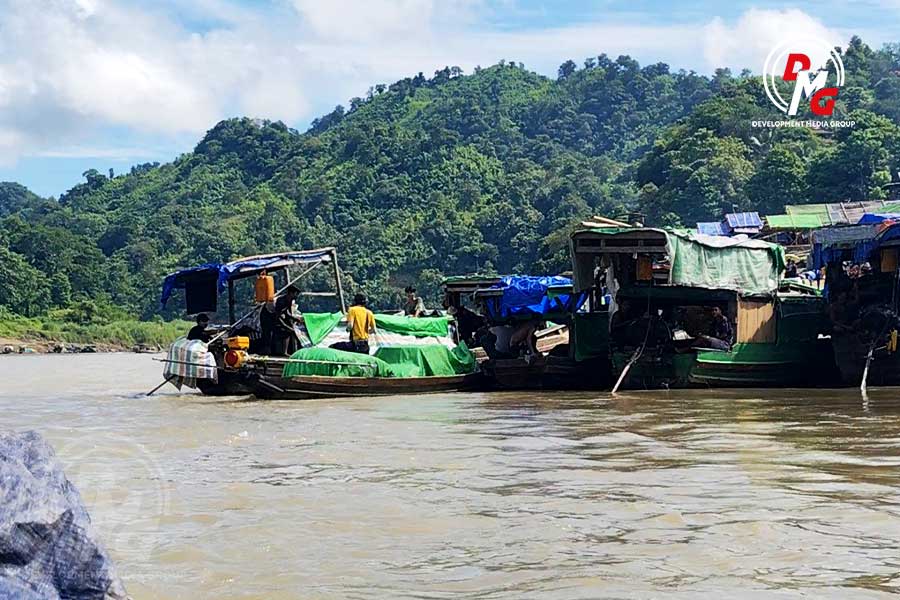
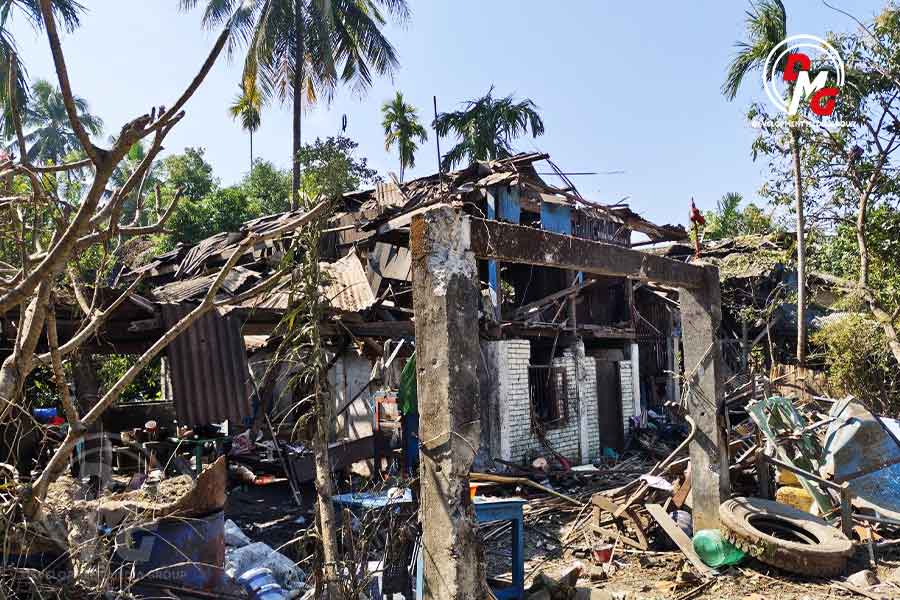









.jpg)